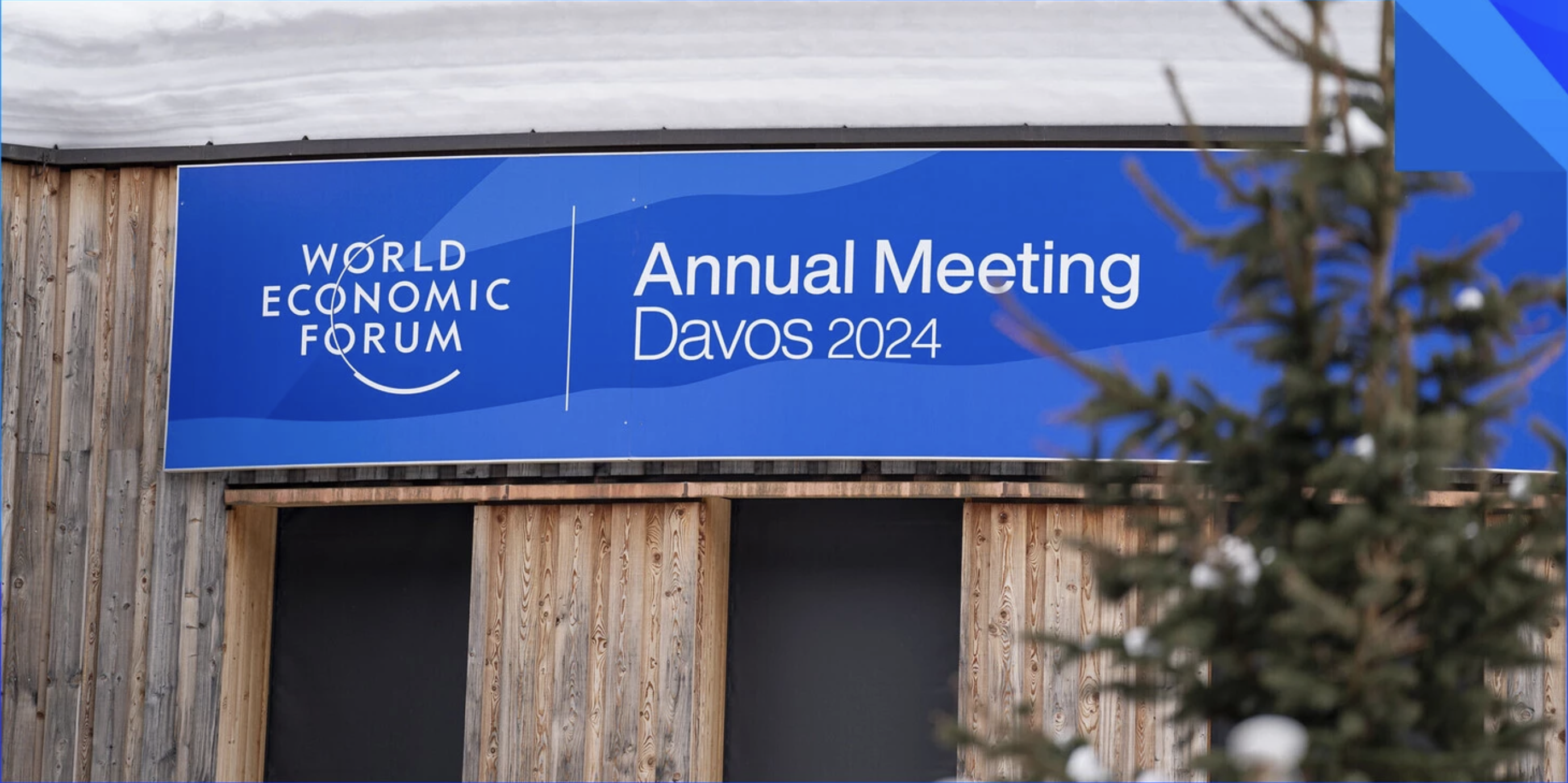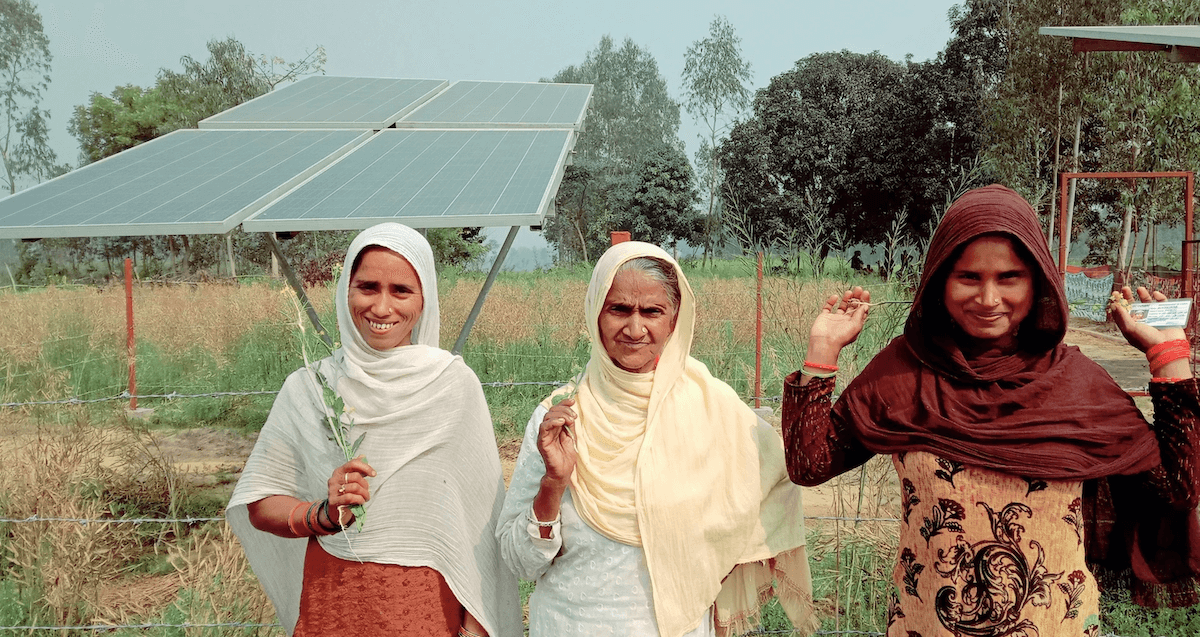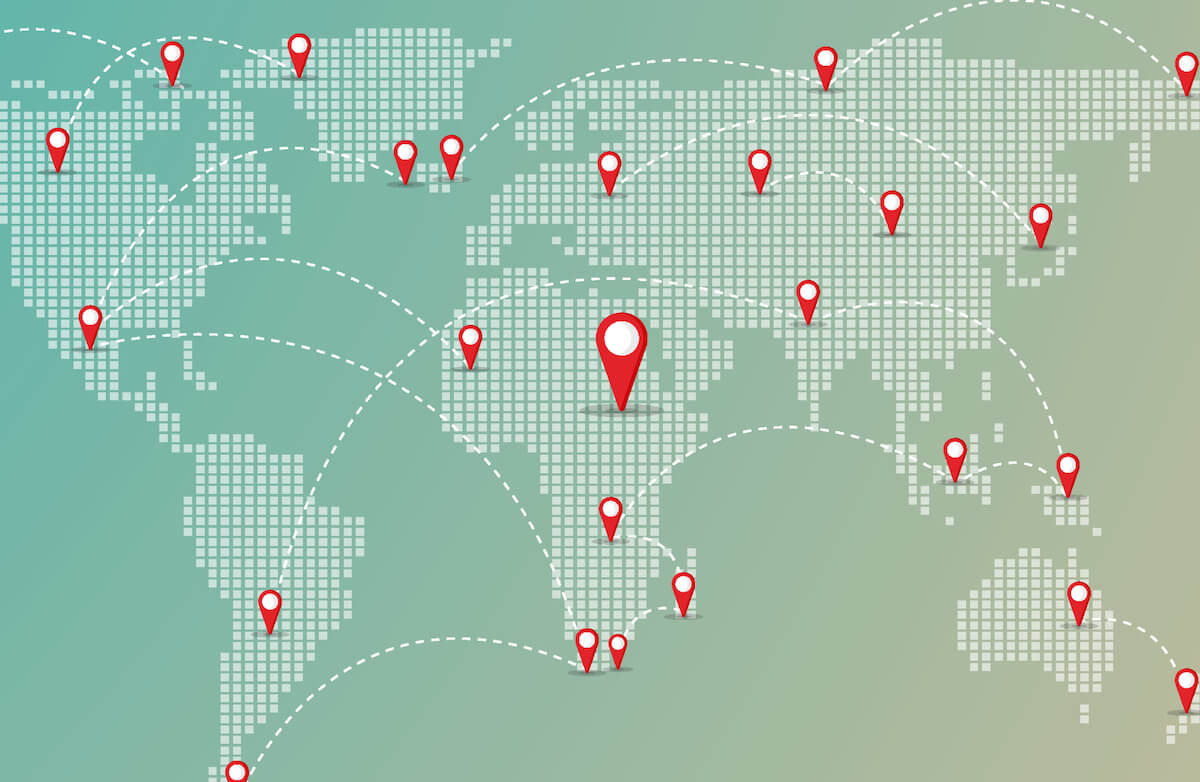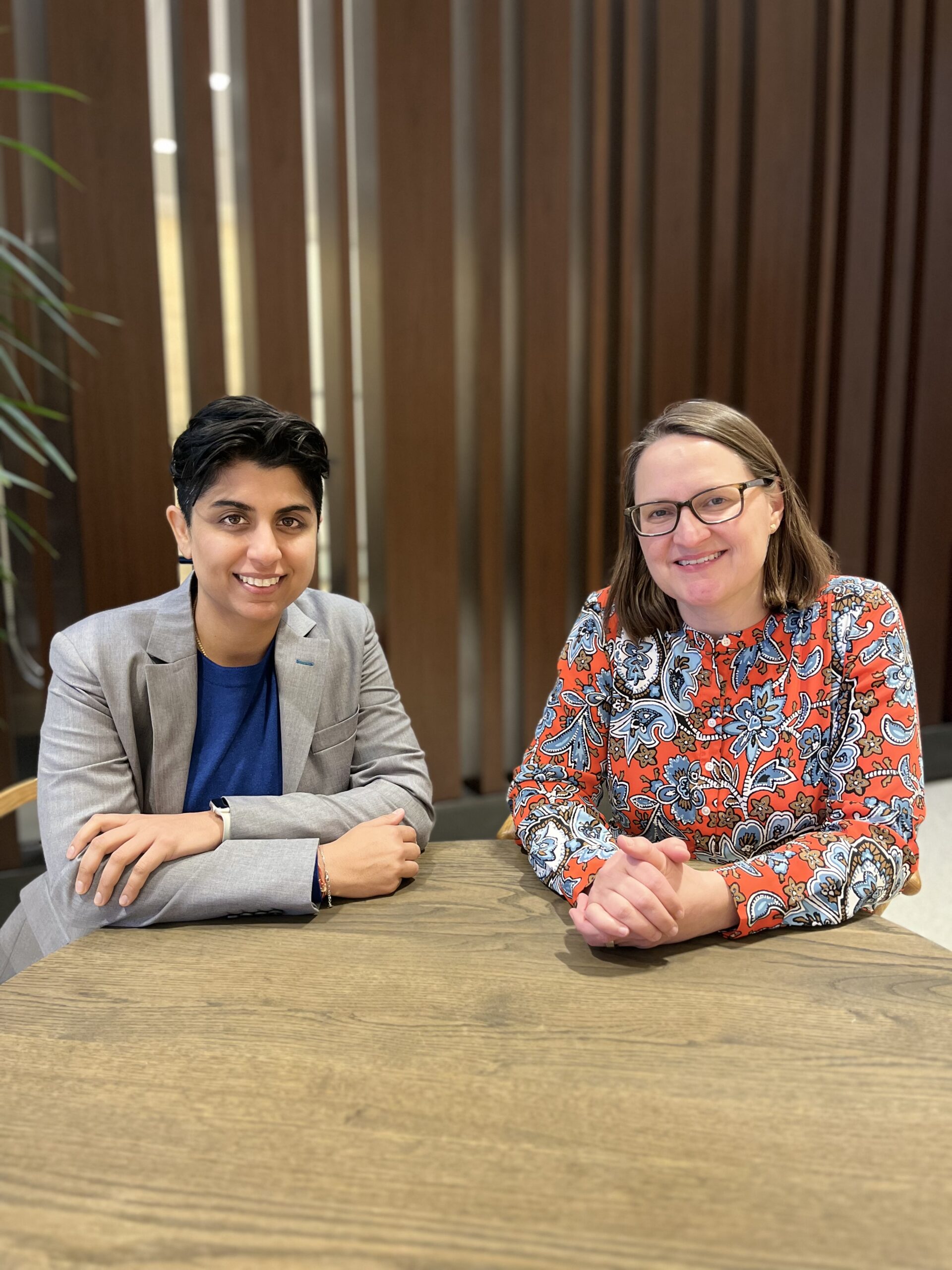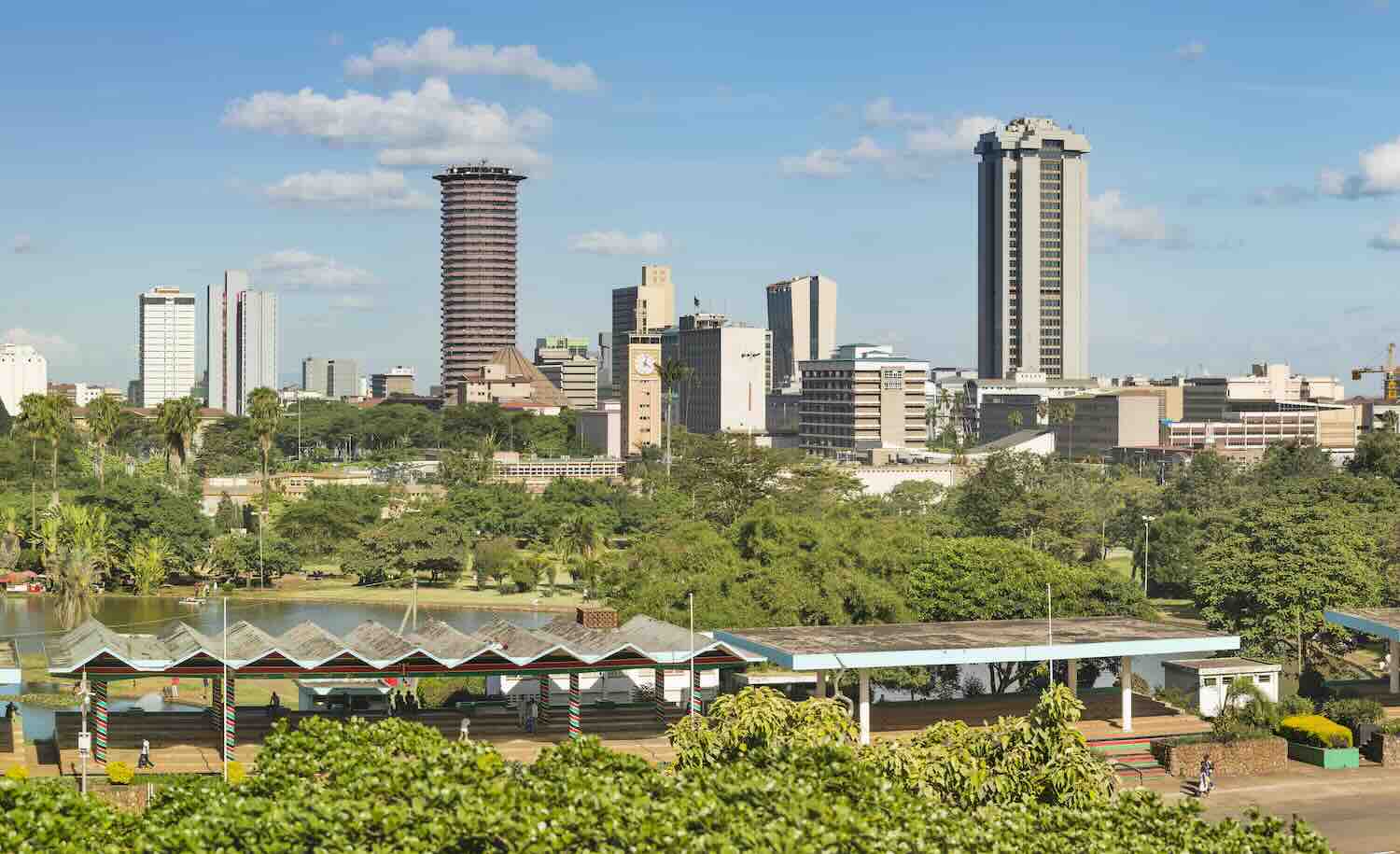ImpactAlpha, January 18 — The world is woefully behind on achieving climate and sustainable development goals by 2030. But one area where we’re excelling: minting billionaires and, perhaps soon, trillionaires.
In a report released on the eve of the World Economic Forum, the elite gathering of walking policy failures in the Swiss Alps town of Davos, Oxfam predicted the world could see its first trillionaire this decade.
The wealth of the world’s five richest men – Elon Musk, Amazon’s Jeff Bezos, luxury brand LVMH’s Bernard Arnault, Oracle founder Larry Ellison and investor Warren Buffett – has doubled since 2020, while 60% of humanity has grown poorer.
Buffett, at least, has argued that billionaires pay their fair share of taxes. Musk this week demanded an additional $80 billion worth of Tesla shares from his board. At Davos, Ray Dalio, the multi-billionaire founder of Bridgewater Associates, explained that even climate investments need to make competitive returns.
“There’s been a tragedy of practicality,” he told a panel hosted by Bloomberg. “There’s this notion of, ‘We should, we should, we should,’ but there’s the fact of who has the money, what is the size of it and what are their motivations.”
Among Oxfam’s group’s prescriptions: Nurture a new generation of companies that are owned and governed by a broader set of stakeholders, such as cooperatives, social enterprises and worker-owned companies through ESOPs and employee-ownership trusts.
“If 10% of every business in the US was employee-owned, it could double the share of wealth of the bottom 50% and the median wealth of Black households,” writes the group. “Competitive and profitable businesses don’t have to be shackled by shareholder greed.”
Missing Trillions
A collaborative of 15 mostly European nonprofits has an idea of what to do with those trillions. The Systemic Climate Action Collaborative is aiming to deliver “large, flexible, unrestricted and long-term funding” for urgent climate action. At Davos, the group organized “Missing Trillions” to explore the $4 trillion annual climate financing gap.
“If you envision a venn diagram with projects that are bankable on the one side, and on the other projects that are impactful; the overlap between these two sides is relatively small,” said Eva Gladek of Amsterdam-based Metabolic. “We need to first figure out how to increase the size of the overlap, and second by developing models of how capital can be reimagined for the portions that may never overlap.”
In a separate call to action, the World Economic Forum launched the Giving to Amplify Earth Action initiative in January last year to build public, private and philanthropic partnerships for unlocking the $3.5 trillion needed yearly to support the low-carbon transition, reverse nature loss and restore biodiversity by 2050.
The initiative has identified 31 global investment opportunities, which includes projects that aim to phase out coal, create sustainable supply chains, as well as support green steel, green mobility and clean energy.
A group of partners in the initiative, including the Ares Charitable Foundation, Salesforce, BMW Foundation, Temasek Trust and UBS Optimus Foundation, are launching a challenge to mobilize $1 billion of catalytic capital for climate and nature solutions by 2030.
The problem may get worse before – if – it gets better. Like cryptocurrency, the rise of artificial intelligence promises to gobble up vast amounts of energy.
Clean and renewable energy like nuclear fusion or solar plus storage are key to powering AI’s growth, OpenAI’s Sam Altman said at a Bloomberg side event in Davos.
“There’s no way to get there without a breakthrough,” Altman said. “It motivates us to go invest more in fusion.” Altman invested $375 million in nuclear fusion company Helion Energy in 2021.
Davos dealmaking
A consortium of more than 40 organizations in the World Economic Forum’s Humanitarian and Resilience Initiative have responded to a call to action to join forces to unlock at least $10 billion in commercial and catalytic capital to support 1,000 businesses in frontier and emerging markets by 2030 – and address systemic challenges faced by two billion people living in poverty and insecurity.
All told, initiatives set forth by organizations including foundations, development financial institutions, governments, and humanitarian and development organizations in the World Economic Forum initiative are seeking to mobilize over $15 billion. Communities in frontier and emerging markets are facing food insecurity, energy access and climate risks and other challenges that have been exacerbated by the COVID pandemic.
“The range of commitments from various stakeholder groups in response to the call to action is remarkable,” said the World Economic Forum’s Mirek Dusek. “We have the opportunity to build momentum across sectors and demonstrate the impact and financial potential for investment at scale in frontier markets.”

